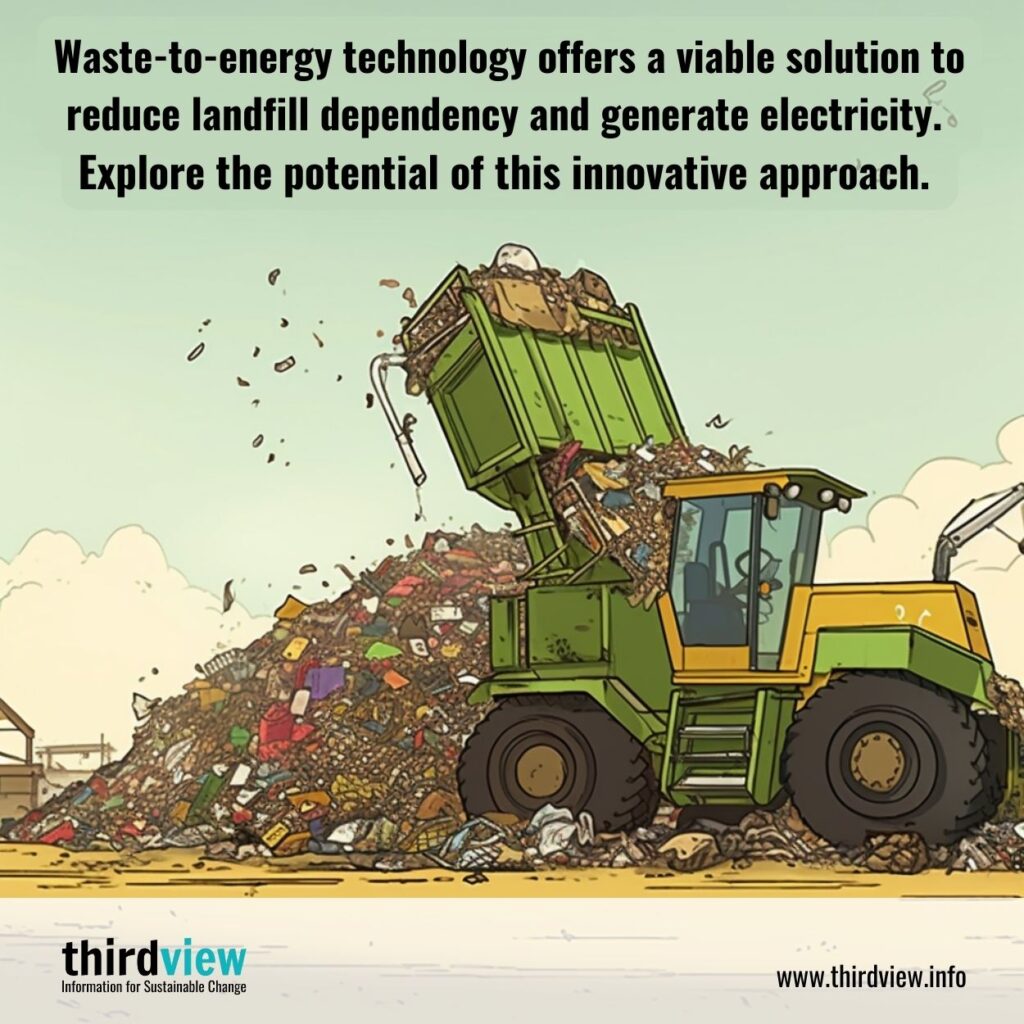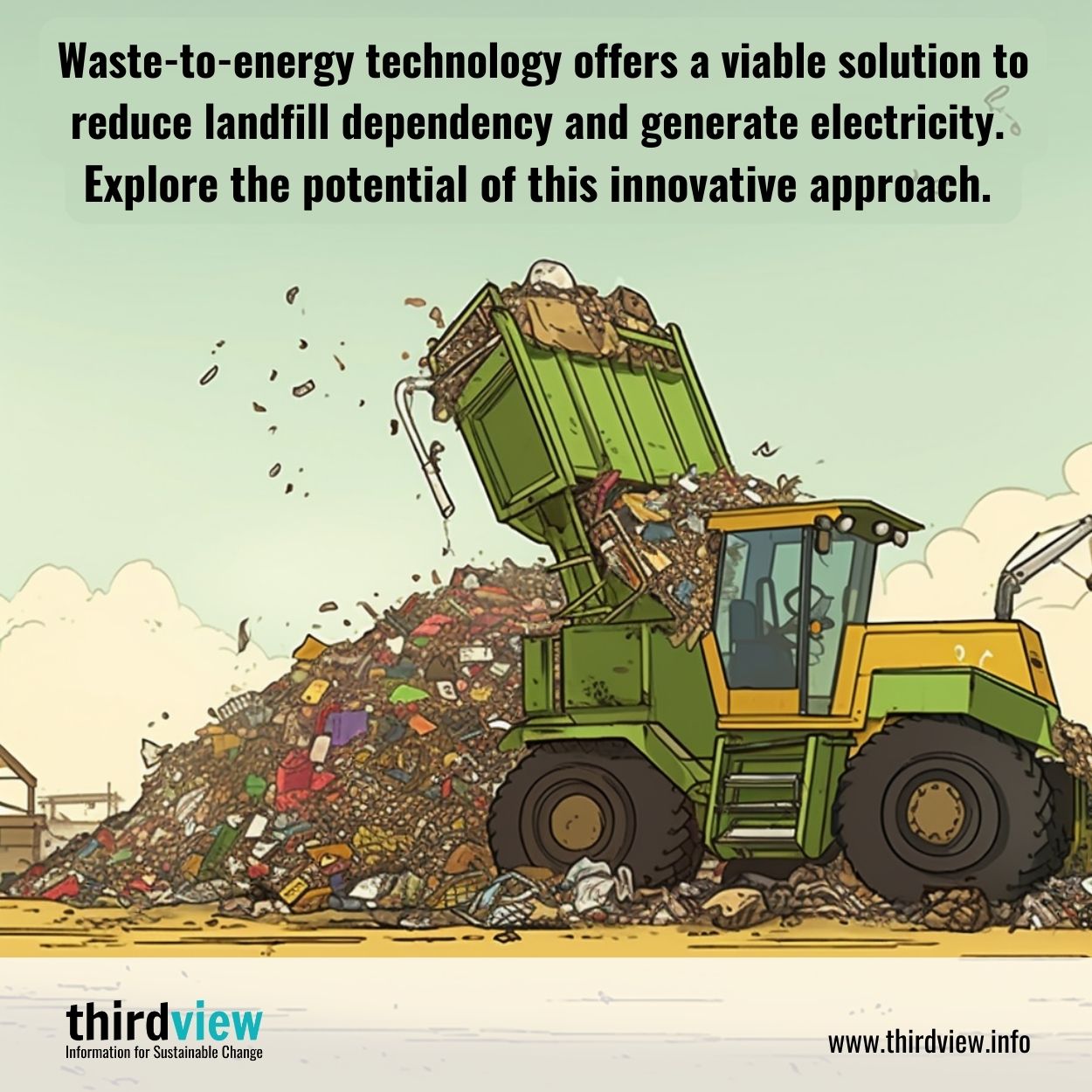Every year, the planet is generating more than 2.01 billion tons of waste, and this amount is expected to jump by 70 per cent by 2050. Waste management is a rising concern as the environment is bearing the brunt of the actions of humanity. Environmental goals must address the increasing waste generation and landfills. With the massive amount of waste being generated, it is essential to take action to improve waste management.
Waste management refers to the collection, transportation, and disposal of waste materials in an environmentally friendly manner. This blog post will provide insights into how to improve waste management to achieve environmental goals.
Reduce and Reuse
The first step in improving waste management is to reduce and reuse waste. Implementing a reduction strategy leads to fewer waste materials generated and, ultimately, a smaller landfill. Reusing cuts down the demand for raw materials which leads to waste in the manufacturing process. To achieve this goal, it is necessary to use durable, long-lasting products and say no to single-use plastics.
Implement a Composting Program
Organic waste comprises a significant portion of the waste generated. Implementing a composting program helps mitigate the negative impact of organic waste. Composting food scraps and yard waste helps reduce the number of landfills needed. Additionally, it creates a natural fertilizer that farmers or gardeners can use.
Invest in Recycling Initiatives
Recycling is a crucial aspect of waste management. Maximizing the recyclables in the waste stream reduces the amount of waste that goes to landfills. Recycling initiatives need to be strengthened and expanded to drive environmental goals. Recycling programs should be designed to make waste disposal more accessible. Governments could offer recycling rebates and tax incentives as motivating factors for citizens and companies to participate.
Waste-to-Energy Technology
Waste-to-energy technology refers to the incineration of waste to produce energy such as electricity or steam. This technology helps reduce landfill dependency, and waste incineration becomes a source of electricity. Although this technology is used globally, it’s not a long-term solution. There are concerns about harmful emissions that occur in the combustion process. However, incineration is a viable option, especially for metropolitan cities with limited space.
Public Awareness
Public awareness of adequate waste management and environmental protection is crucial. Education programs could be implemented to encourage citizens to dispose of waste properly. For example, community clean-up events help sensitize the public on the impact of waste disposal on the environment. The youths must be educated on the importance of addressing waste management, and environmental protection must be made a critical part of the education curriculum.
The fight to achieve environmental goals and proper waste management is essential for the well-being of future generations. The strategies outlined here provide significant opportunities for more sustainable waste management. Collaboration with industry, governments, and citizens will accelerate the progress to curbing climate change and the growing environmental challenges due to waste. Good waste management practices today are the foundation of a sustainable tomorrow. We can all play a role in improving the waste management process and bringing environmental goals close to reality.


